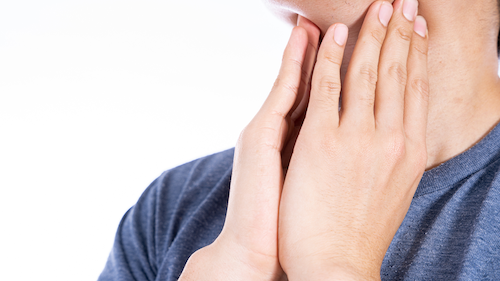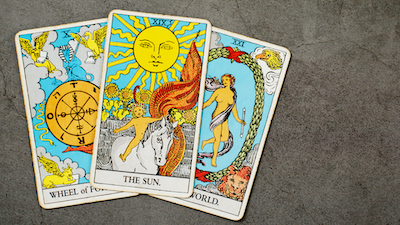Addressing A Case of Hypothyroidism Through Ayurveda

Ayurveda, an overview
Ayurveda is an ancient medical system, originated in India. ‘Ayu’ means life and ‘Veda’ means science. The medical system trails a holistic as well as a natural approach to mental and physical health. It is looked upon as one of the world’s oldest medical systems. In the ancient era, the man was in search of natural remedies to cure his ailments. Nature was the only known resource for him. The traditional medical system of India has been extolled from generation to generation. Ayurveda is a way of living that treats an individual as a whole based on the constitution or Prakriti. The doshas, Vata, Pitta and Kapha are the physiological parameters that determine the health and diseases in an individual. The medicine involves plant, animal, metallic and mineral derivatives obtained from nature. The applications of Ayurveda are countless and I will share how it helped a patient of mine with hypothyroidism.
Who am I?
I am Dr. Aswathy Radhamoni, an Ayurveda doctor and practitioner, graduated from Kerala University, India in 2010. Later I started my practice at my home town where I gained a wealth of experience. Simultaneously I was chosen to work for the government as a doctor on a contract basis. Then I flew to England to pursue my Masters in Business Administration in hospital and health services management. After graduation, I started my career more broadly as a doctor and health care business consultant. As a business consultant, I was able to provide innovative and productive solutions to health institutions to date. Currently, I practice Ayurveda for 10 years and also work as a content writer for medical companies. During my 10 years of experience, I have extensive experience in treating a wide variety of ailments and formulating new herbal recipes for the disease cure.
The case study analysis Hypothyroidism
That was an evening when a young man walked to my practice. After some casual chat, he started asking whether I can prescribe him oil for his baldness. He was barely getting bald and was very impatient. He also told me that he doesn’t have good sleep and loses his temper on unimportant matters. I found that he was very much stressed, worried and anxious. His body weight was also out of control even though he had a very low appetite. So, I send him for a Thyroid Function Test (TFT). Meanwhile, I gave him an herbal drink involving dry ginger and coriander daily. He returned with the test results, which was a clear case of hypothyroidism, which I knew Ayurveda could help with.
Treatment in the Ayurvedic way
When he returned his symptoms exacerbated. So, I started Kashaya, tablets and modified his diet and regimen. I also recommended Varanadi Kashaya along with Kanchanara Guggulu. In addition, I gave him an herbal oil recipe involving hibiscus flowers and insisted to have home-cooked food with daily physical activity. I followed an integrated approach and emphasized modifying his diet and regimen as a primary intervention. Also, I advised slimming therapy (Udwarthana) for 3 to 5 days with herbal powders intended to reduce fat. Medicines were advised in low doses. I prepared him a healthy meal chart including plenty of salads, high fiber veggies and low-calorie food. I strongly recommended avoiding processed foods, canned items, bottled drinks and other beverages.
The stage of cure
In the beginning, he was reluctant to adhere to my diet recommendations. He told me that he would take the medicines without fail. But it is very important to have a healthy routine to complement the action of the medicines. By changing the lifestyle, the body gets time to detox and release the impurities. During the 3rd visit, he started following my advice and was very happy that he regained his normal sleep. His hair fall decreased. And gradually he developed a normal appetite. I advised Padmasana, Dhanurasana, Marjarasana and Bhujangasana for him so that he could choose the best possible asana. After regular follow-ups, the thyroid levels were close to normal. And then I decided to stop medicines, and continue the herbal drink and yoga. After 2 months, he lost almost 5 to 7 kg, he was very happy and expressed his interest in learning more about Ayurveda.
My patient now
Now he often visits my practice with his friends and is very keen in promoting Ayurveda. This was a great memorable experience. I wholeheartedly thanked the eternal holistic science that guided me throughout. Any disease if treated with the exact medicines brings drastic relief. In Ayurveda, hypothyroidism is a Vata-Kapha disorder, so medicines that pacify the 2 doshas are important. The symptoms also indicate the vitiation of Vata -Kapha. The dosha principles are applied in the context of treatment considering the constitution of the patient. This approach of Ayurveda brings promising results and avoids the recurrence of the disease in the future.


Leave a Reply
You must be logged in to post a comment.